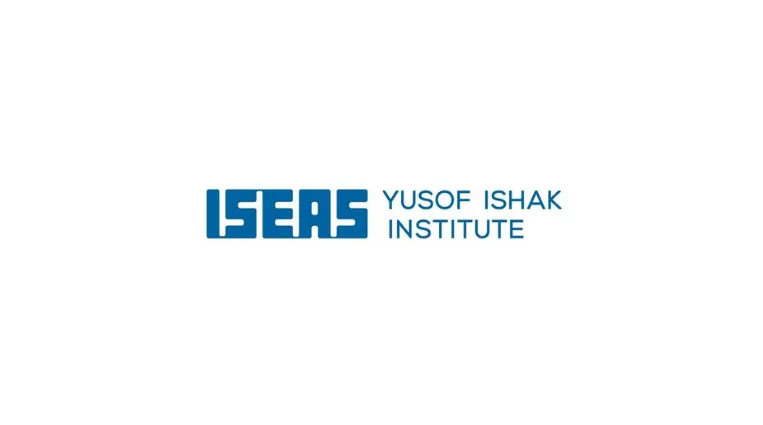Myanmar’s Quest for a Federal and Democratic Future: Considerations, Constraints and Compromises
18 March 2022

By Su Mon Thazin Aung
EXECUTIVE SUMMARY
- Political stakeholders tend to view the National Unity Consultative Council (NUCC) as key towards achieving a parallel governance system in the medium term, and as part of a solid foundation for a long-term federal democratic solution to Myanmar’s problems.
- The strong commitment shown by the NUCC stakeholders has allowed for compromises and incremental and workable solutions and for it to function as a unifying force to challenge the military.
- In principle, a qualitative and quantitative content analysis of Federal Democratic Charter I and II show that the NUCC has been able to reach a consensus in support of ethnic minorities’ struggle for equality and over identity issues.
- However, the sequencing problem in the NUCC stakeholder dialogue including the formation of NUG before the completion of FDC Part II, and the lack of clarity on the check-and-balance function of the NUCC, worry some stakeholders where the CRPH’s and NUG’s priorities are concerned.
- Going forward, stakeholders’ continuous strong commitment in the fight against the military, in building a solid foundation for a federal and democratic union, and in making incremental compromises would make political coalition long-lasting.
* Su Mon Thazin Aung is Associate Fellow with the Myanmar Studies Programme at the ISEAS – Yusof Ishak Institute. She also works as Director of Capacity-Building at the Institute for Strategy and Policy- Myanmar, an independent, non-partisan and non-governmental think tank in Myanmar.
Announcements
28 February 2025
Asian NGO Network on National Human Rights Institutions , CSO Working Group on Independent National Human Rights Institution (Burma/Myanmar)
Open letter: Removal of the membership of the dis-accredited Myanmar National Human Rights Commission from the Southeast Asia National Human Rights Institution Forum

Progressive Voice is a participatory rights-based policy research and advocacy organization rooted in civil society, that maintains strong networks and relationships with grassroots organizations and community-based organizations throughout Myanmar. It acts as a bridge to the international community and international policymakers by amplifying voices from the ground, and advocating for a rights-based policy narrative.